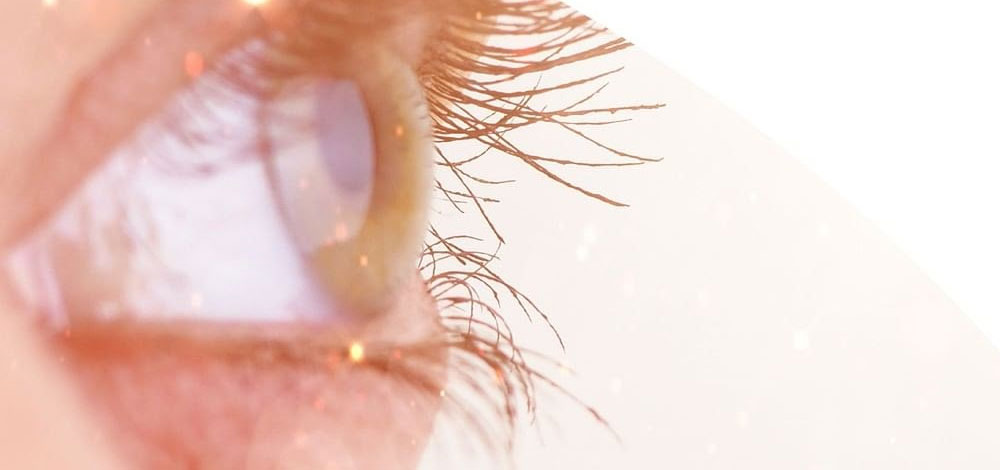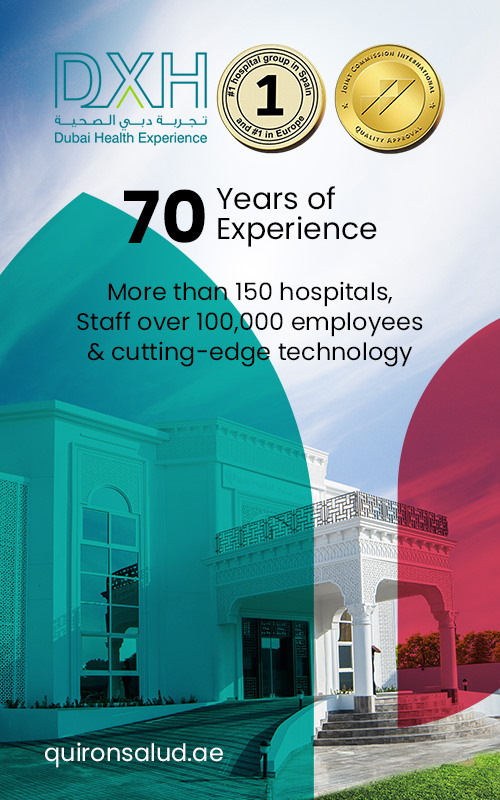
Even though most people may not comprehend the complexity of an eye, numerous mile-second activities are involved in getting clear, focused eyesight. Our eyes are composed of many protective layers, tissues, and remote systems to see whenever we open our eyes. Retina or the front transparent part of the eyes reflects light and focuses the images we see. Problems or damages to the retina can lead to vision distortion and negatively affect our sight. Retinal vein occlusion is one such condition that occurs due to the blockage of blood supply in the vein that connects with the retina. The situation can cause blurriness and even lead to permanent blindness. This article will look into the factors that lead to retinal vein occlusion.
What Is Retinal Vein Occlusion (RVO)?
Our vascular systems transport blood throughout the body with the help of veins and arteries to every body organ, including the eyes. The light-sensitive tissue layer of our eyes, the retina, requires a constant blood supply to get adequate amounts of nutrients and oxygen. The process also involves removing waste that has been produced from the retina.
An occlusion or a stroke occurs due to blockage in an artery or a vein in our body. When this happens in the veins that supply blood to the retina, a retinal vein occlusion occurs. The occurrence can obstruct the retina from filtering retina and cause a sudden vision loss. The severity of sight loss can vary according to the location or the block, or the clot.
Factors That Lead To Retinal Vein Occlusion
Even though an exact reason for retinal vein occlusion has not been identified yet, the problem is due to narrow veins. Apart from this, several other medical conditions and habits can put you into the situation’s high-risk category. They are;
Atherosclerosis – A condition where fats and cholesterol buildups in artery walls that can restrict blood flow.
Blood clots travel – A blood clot that forms in an artery or a vein in a different part of your body can break loose and travel to the other part. This is called an embolus, and this can happen to your retina
Carotid artery disease – This is a major blood vessel in the neck that supplies blood to the brain, neck, and face. Blood reduction, narrowing, or blockage in these arteries can also result in retinal vein occlusion.
Macular edema – The condition causes fluid buildup, swelling, and thickening of the central part of the retina that can lead to retinal vein occlusion.
Diabetics – A significant long-term health condition that can lead to many problematic situations in the eye, including RVO.
High blood pressure – Elevated pressure can cause damages to the blood vessels and damage the retina.
High cholesterol – Significant amount of cholesterol deposits in arteries and veins can narrow them, causing blockage and clots.
Glaucoma – The second leading cause of blindness in the world that damages the optic nerve of the eyes.
Overweight – Obesity can increase the risk of many long-term medical conditions and eye issues that can eventually result in RVO.
Smoking, being over the age of 60, IV drug use, rare blood disorders are a few other situations that can lead to RVO condition. RVO usually occurs in one eye, and the permanent damages and vision loss can only be prevented by visiting the eye center immediately. Blurring vision, dark spots, pain, and pressure are a few symptoms you can experience directly.
Once you visit an eye center, eye drops will be used to enlarge your pupils, and an ophthalmoscope will be used to check bleeding or blockage in your retina. Fluorescein angiography and optical coherence tomography are a few other tests that your ophthalmologist will do to diagnose RVO. Injections, laser therapies, and surgeries will be recommended accordingly, depending on each condition.
If you have long-term medical conditions like diabetics, cholesterol, or pressure, it is essential to keep them in control and go for eye exams every six months to ensure your eyes are in a safe condition. Prevention before the occurrence is the ideal way to avoid situations like RVO that can even lead to permanent damages to the vision. Visit us at Quironsalud, the best Spanish Clinic in Dubai, you can get your eyes tested from the latest optical instruments and technology under the supervision of experts in eye health. Contact us for your next eye clinic appointment and start safekeeping your eyes for better vision for the years to come.

Quirónsalud
Eye Care Dubai
Villa 1187, 304 Wasl Road,Umm Al Sheif District, Dubai, UAE
Phone. +971 4 342 2228
Mobile. +971 50 744 7757
Email. info@quironsalud.ae
Office Hours
9:00 AM to 10:00 PM
Saturday to Thursday